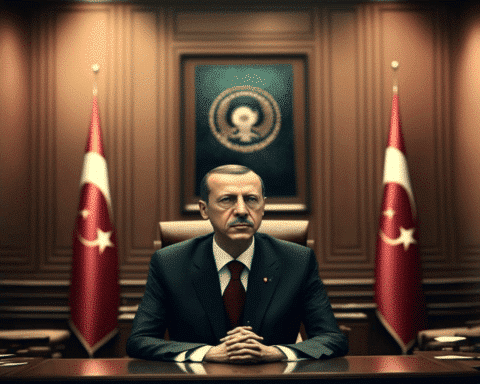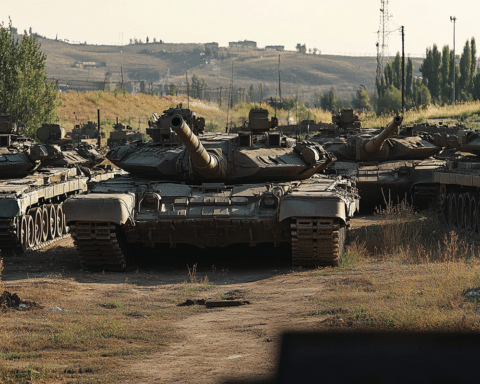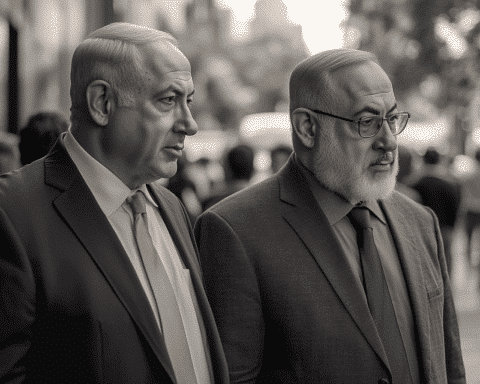In a significant development for Middle Eastern diplomacy, U.S. Secretary of State Antony Blinken has successfully rallied the support of key Arab nations and Turkey to commence planning for the reconstruction and governance of Gaza post-conflict. This collaborative effort, announced during Blinken’s urgent Mideast mission, marks a pivotal shift in regional dynamics, as nations previously hesitant to engage in post-war discussions now step forward to chart a course for Gaza’s future.
During his recent visit to the Mideast, Secretary Blinken revealed a noteworthy alliance involving Saudi Arabia, Jordan, Qatar, the United Arab Emirates, and Turkey. These nations have agreed to consider participating and contributing to the “day after” scenarios for Gaza, which a three-month-long Israeli offensive has severely impacted. Blinken’s announcement came amidst his efforts to prevent the ongoing conflict from escalating into a regional war.
Previously, these countries had been reluctant to begin post-war planning, insisting on a cease-fire and a reduction in civilian suffering caused by Israel’s military response to Hamas’ attacks in early October. However, Blinken’s persistent diplomacy, marked by his fourth trip to the region since the conflict’s inception, seems to have turned the tide.
“Everywhere I went, I found leaders who are determined to prevent the conflict that we’re facing now from spreading, doing everything possible to deter escalation to prevent a widening of the conflict,” Blinken stated, emphasizing the unified stance against the conflict’s escalation.
After he met with Saudi Crown Prince Mohammed bin Salman in Al Ula, Saudi Arabia, Blinken highlighted the collective commitment to stabilizing and recovering Gaza, advancing a political path for Palestinians, and working towards long-term peace and security in the region. However, specifics on potential contributions from these nations remain undefined, with financial and in-kind support from the UAE and Saudi Arabia anticipated to be crucial.
The Arab states, critical of Israel’s actions, have demanded a cease-fire since mid-October as civilian casualties escalated. Blinken’s agenda includes conveying these Arab commitments to Israeli Prime Minister Benjamin Netanyahu, Palestinian leader Mahmoud Abbas, and Egyptian President Abdel Fatah Al-Sisi.
Despite this progress, challenges remain. Any effective post-war plan for Gaza requires buy-in from both Israeli and Palestinian leadership. Netanyahu’s government holds different views on Gaza’s future and remains opposed to the two-state resolution concept, a key demand of Saudi Arabia for normalizing relations with Israel.
Blinken also underscored Prince Mohammed’s interest in normalizing relations with Israel, contingent on ending the Gaza conflict and establishing a practical pathway to a Palestinian state. This development, according to Blinken, has the potential to be transformative.
The Mideast diplomatic efforts led by U.S. Secretary of State Antony Blinken signify a beacon of hope in a region long-torn by conflict. The collaboration of key Arab nations and Turkey in planning Gaza’s post-war future not only underscores the possibility of regional stability but also opens avenues for long-term peace. While the path ahead is fraught with complexities, the commitment to a unified vision for Gaza’s reconstruction and governance heralds a new era in Middle Eastern diplomacy.




